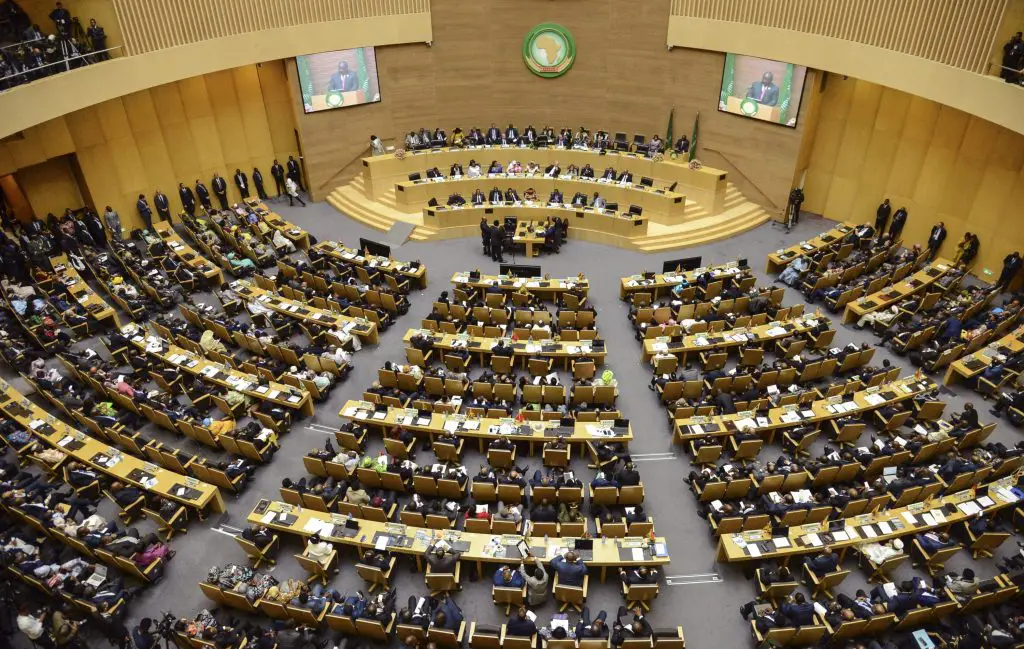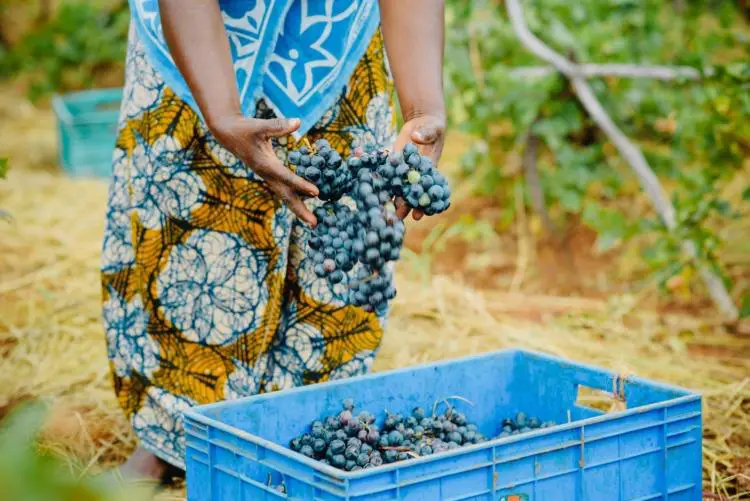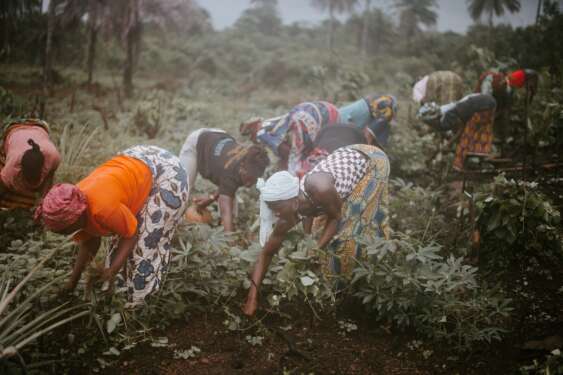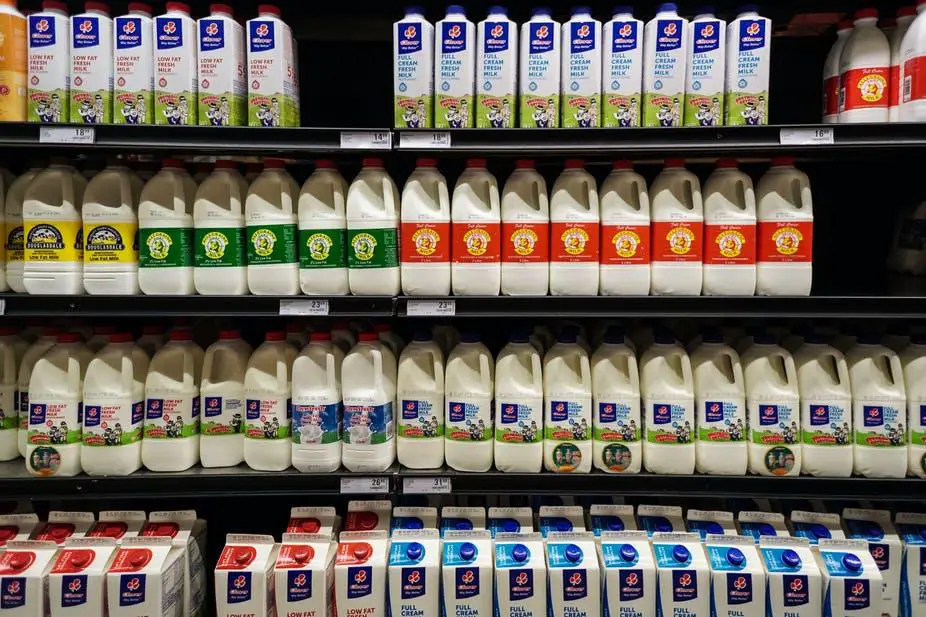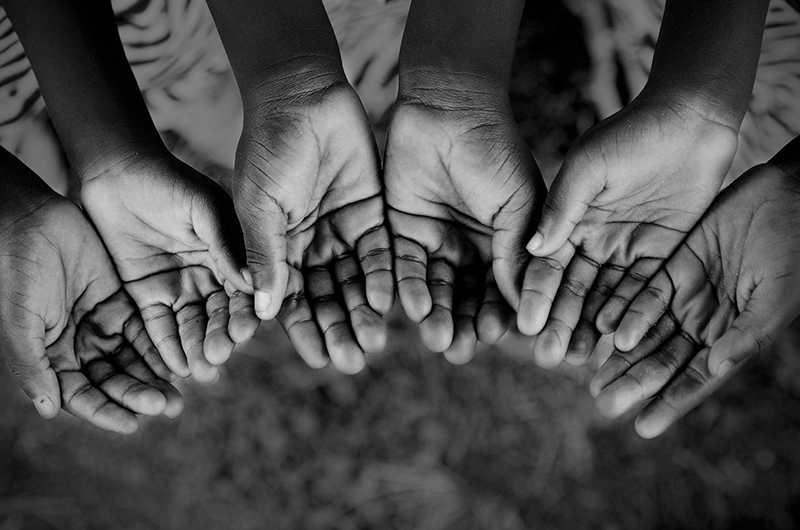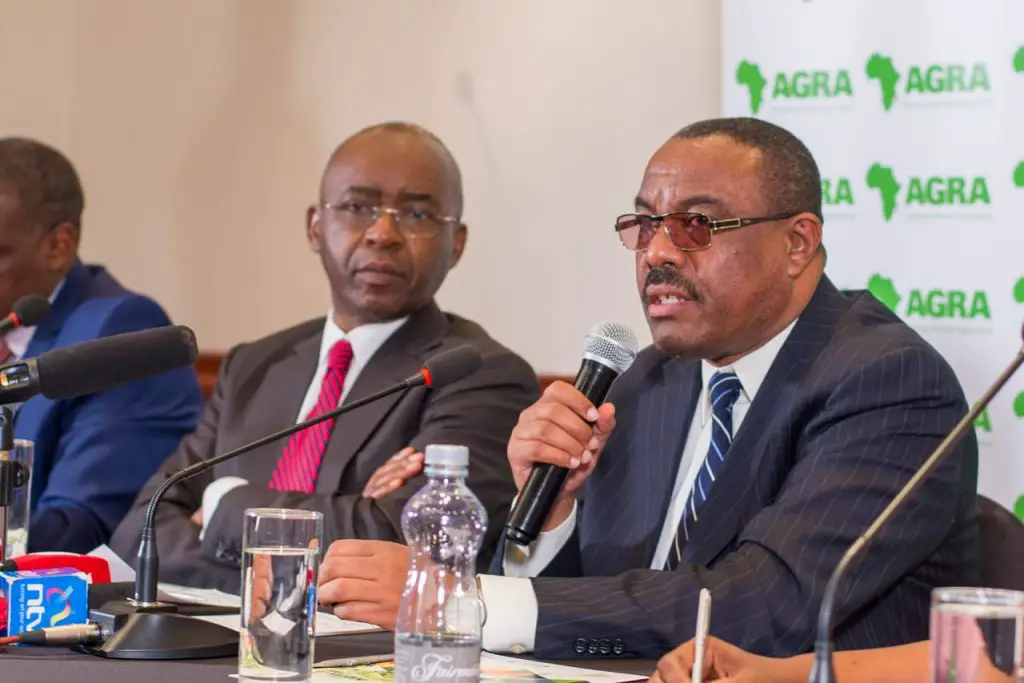- Africa’s new dawn: the rising role of digital and AI in agriculture
- Can Dangote Refinery Transform Africa Energy Ambition
- Gallup Survey: 80 per cent of Kenyan Workers Are Disengaged and Seek New Opportunities
- Madagascar Man Freed from 5KG Tumor After 15-Year Struggle
- How women in Africa are perceived and treated
- Sugar consumption in Kenya to Increase to 1.23 Million Tonnes
- Can Somalia and Turkey Oil deal Bring Change in Somaliland
- Remittances to Kenya dropped to $371.6 million in June, marking a six month low
Browsing: Food Security in Africa
A road here and a railway there can never equate to bloodshed, torture endured, families separated, a history lost, a culture destroyed, a people lost. Because of colonisation modern-day Africans no longer know who they are or what their heritage is.
They look up to the Caucasians as the embodiment of beauty, progress, of reason, none the wiser that it is their forefathers in Puntland and Ohir, in Egypt and Mesopotamia, that brought civilization to the world.
2022 Africa Day must be about recognition of Africa, re-branding Africa and re-establishing Africa’s position in the global socio-economic and political arena. On this Africa Day we must not only ask what is Africa but who is Africa. …
No family wants to be stuck in their home and yet starve due to food security systems being shaken by the COVID-19 pandemic which has taken more than 40 million people’s lives and affected over 200 million worldwide.
That scenario could become occurring dangerous reality if food security concerns are not addressed immediately, as reports from multiple food security monitoring groups such as the Alliance for a Green Revolution in Africa (AGRA) suggests that East Africa will “remain a food insecurity hotspot as new COVID-19 variants continue to spread”.
The pandemic and its new variants bring more pressure to the fragile food security systems and unstable economies of East Africa, as precautionary measures weigh in on-farm operations, weaken supply chains and increase cross-border trade tensions.
Even before the pandemic shocks, the African food system had a few setbacks in its path which included the inadequate capability to analyze risks and …
Nigeria has made a move to stop the rejection of the country’s crops by other nations.
The move is being spearheaded by the Central Bank of Nigeria (CBN) in collaboration with the International Institute of Tropical Agriculture (IITA), government agencies and private firms.
The plan was announced in a statement that was issued at the end of a one day workshop.
that was organized by Harvest field industries Limited and IITA.
The workshop was aimed at sharing results of aflatoxin levels in maize sampled nationwide under the CBN Anchor Borrowers Programme 2020 Wet Season Project.
The plan to stop the rejection of crops produced in Nigeria follows the adoption of appropriate technologies for the reduction of aflatoxin in crops, food, feeds and livestock which is expected to help achieve zero rejection of commodities exported from Nigeria.
Also Read: Investors to pump $8.4billion into Nigeria’s economy
The one-day workshop in Abuja …
Across the Global South, agriculture is essential to livelihoods for the majority of women at the base of the pyramid (BOP). Modernising agribusiness value chains in climate-smart ways will be a key element in building emerging economies, combating food and income insecurity, and mitigating the impacts of climate change. This modernisation must take a gender-progressive approach, which requires a shift in the investment landscape to better integrate gender, from capitalising women-led companies to ensuring women farmers are empowered across the value chain. Not only are such approaches vital to SDG 5 (Gender Equality), they are directly relevant to climate action and building sustainable economies.
The impact of climate change on agricultural production has been well-documented, from the shifts in average temperatures and rainfall patterns to ozone and mineral concentrations in the atmosphere and soil – but the relationship goes both ways. Agriculture is a significant driver of climate change, with …
COVID-19 has prompted widespread discussion of the resilience of food systems and how efficiency and competitiveness have been previously understood. Recent decades have seen the growth of increasingly complex food value chains. These are underpinned by just-in-time delivery systems, a growing share of food products sold through supermarkets, and increasing concentration of ownership among powerful, large food manufacturers.
The pandemic has further emphasised the need for a more diverse and inclusive food system, in which small and medium sized enterprises (SMEs) play a key role.
As part of a larger project investigating challenges faced by agro-processing SMEs, we conducted qualitative telephone interviews with 16 SME maize milling and dairy firms during lockdown to gauge the effects of the pandemic.
As essential businesses, food manufacturers continued to operate through lockdown, and it might be assumed COVID-19’s impacts on this industry were minimal. This was not the case. While aggregate production levels …
The dream of a world without hunger seemed achievable three years ago. However, with increasing challenges such as those recorded recently like the locust invasion and the novel Corona Virus (COVID-19) that is still wrecking lives across the globe, the future looks bleak.
Africa accounts for the highest number of people suffering acute food insecurity due to conflicts and tensions between communities.
According to the 2020 Global Report on Food Crisis (GRFC 2020): “In East Africa, armed conflicts, intercommunal violence and other localized tensions continued to affect peace and security.”
Moreover, “the upheaval that has been set in motion by the COVID-19 pandemic may push even more families and communities into deeper distress, António Guterres, Secretary-General of the United Nations, added in the Forward of the report.
Also Read: Crop insurance to ensure food security and poverty reduction
The global food policy report published April …
Gambia’s economy is losing $83 million a year due to the effects of child undernutrition, according to a new study released in Banjul yesterday.
The loss is about 5.1 per cent of the country’s annual Gross Domestic Product (GDP).
According to a study by the multi-agency Cost of Hunger in Africa (COHA) increased healthcare costs, additional burdens to the education system and reduced workforce productivity are the ways through which losses incurred each year.
“It is alarming that we are losing 5.1 per cent of our National GDP annually because of the consequences of child undernutrition on school performance, health and productivity,” said H.E. Dr Isatou Touray, the Vice President of Gambia.
Also Read: Nigeria exempts food from VAT
“The Government of Gambia is committed to working with all partners through the NDP to build a prosperous nation with a healthy and well-developed human resource,” she said during the launch …
The Alliance for a Green Revolution in Africa, (AGRA), an agricultural think tank and partnership-driven institution in Africa has announced a change of guard with leading entrepreneur and owner of Econet Group Strive Masiyiwa stepping aside and former Ethiopian Prime Minister Hailemariam Desalegn taking the helm.
The seat has had a high-level representation since the founding chairman Kofi Annan stepped aside. It has been instrumental in developing formidable partnerships in the continent is promoting agricultural growth and investments.
‘I am thankful that I succeed Mr. Masiyiwa, a remarkable continental leader, who leaves behind a solid organization and an impressive track record. I remain certain of his support in the journey to achieving the continent’s major agricultural prospects,” noted Hailemariam Desalegn.
“Around the world, food security ranks high up on the governments’ development agenda…the Maputo Declaration requires African countries to spend 10 percent of their national budgets in agriculture, part of …





